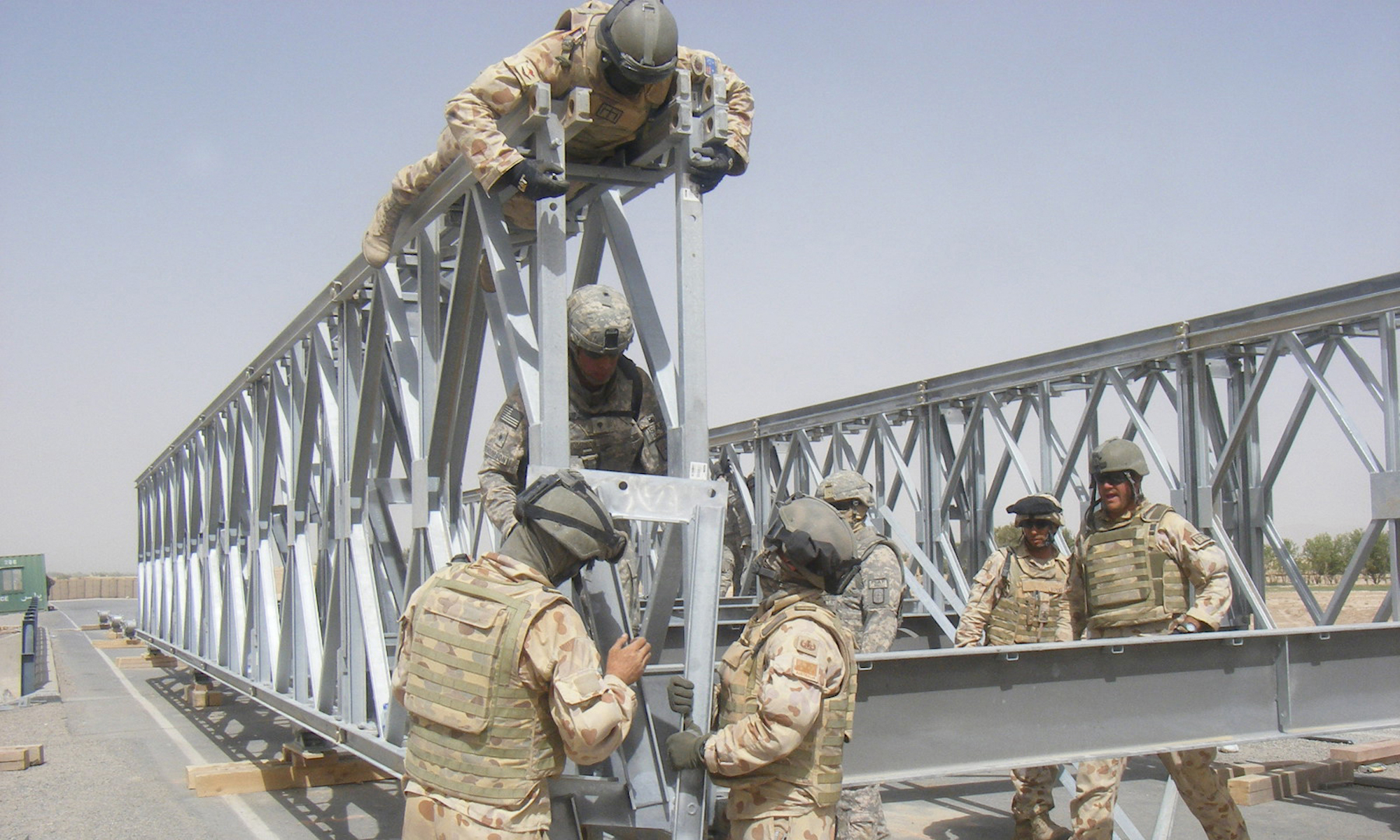The sheer ambition and scale of UN peacebuilding today inevitably invokes comparison with historic practices of colonialism and imperialism, from critics and supporters of peacebuilding alike. The legitimacy of post-settlement peacebuilding is often seen to hinge on the question of the extent to which it transcends historic practices of imperialism. This article offers a critique of how these comparisons are made in the extant scholarship, and argues that supporters of peacekeeping deploy an under-theorized and historically one-sided view of imperialism. The article argues that the attempt to flatter peacebuilding by comparison with imperialism fails, and that the theory and history of imperialism still provide a rich resource for both the critique and conceptualization of peacekeeping practice. The article concludes by suggesting how new forms of imperial power can be projected through peacebuilding.

INSCT Postconflict Research Database
The Institute for National Security and Counterterrorism's Postconflict Research Database & Analysis Project stores cross-indexed bibliographic information on hundreds of journal articles, books, book chapters, and case reports that address the broad, interdisciplinary fields of postconflict reconstruction, stabilization, and peacebuilding.